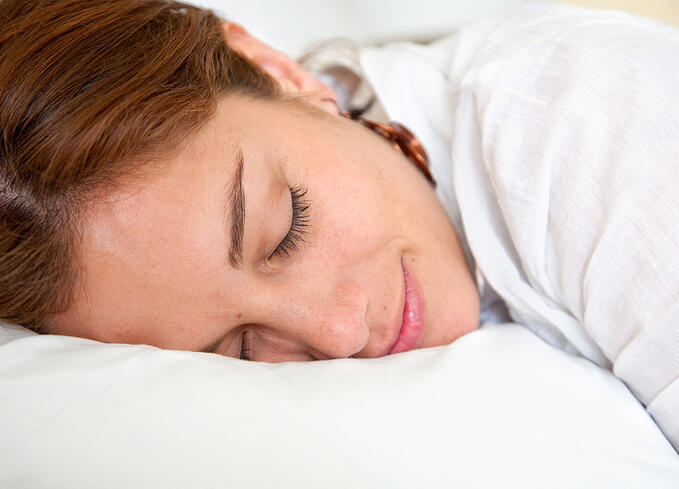
According to nhlbi.nih.gov, “ About 7–19 percent of adults in the United States reported not getting enough rest or sleep every day. Nearly 40 percent of adults report falling asleep during the day without meaning to at least once a month. Approximately 50 to 70 million Americans have chronic (ongoing) sleep disorders.”
Sleep helps you with everyday life. In order to be successful and effective during the day-to-day, taking care of yourself is vital. Lack of sleep can affect how well you think, react, work, learn and interact with others.
“During sleep, your body is working to support healthy brain function and maintain your physical health. For children, sleep also helps support growth and development.” Sleep also helps your body function properly. “Sleep helps maintain a healthy balance of the hormones that make you feel hungry (ghrelin) or full (leptin). Sleep also affects how your body reacts to insulin, the hormone that controls your blood glucose (sugar) level. Sleep deficiency results in a higher than normal blood sugar level, which may increase your risk for diabetes.”
People who do not get the proper amount of sleep struggle to have enough energy to succeed at work or school. Your body is trying to function, but it can’t when your body hasn’t had the time to gain power, and the recovery sleep provides.
Lack of sleep may lead to a phenomenon called microsleep meaning you may fall asleep while you are awake. This could be dangerous, especially if you are operating a vehicle.
“Studies show that sleep deficiency harms your driving ability as much as, or more than, being drunk. It’s estimated that driver sleepiness is a factor in about 100,000 car accidents each year, resulting in about 1,500 deaths.” That number is sad. People have to start taking care of themselves, and getting sleep will save lives.
Below is a chart of recommended sleep requirements by the American Academy of Sleep Medicine (AASM) and the American Academy of Pediatrics (AAP).
(Age)
(Recommended Amount of Sleep)
Infants aged 4-12 months
12-16 hours a day (including naps)
Children aged 1-2 years
11-14 hours a day (including naps)
Children aged 3-5 years
10-13 hours a day (including naps)
Children aged 6-12 years
9-12 hours a day
Teens aged 13-18 years
8-10 hours a day
Adults aged 18 years or older
7–8 hours a day
So now you may ask yourself: how do I get enough sleep? Here are some tips to sleep better at night.
Go to bed and wake up at the same time every day.
Try to keep the same sleep schedule on weeknights and weekends. Limit the difference to no more than about an hour.
Be physically active.
Avoid heavy meals within a couple of hours of bedtime.
Use relaxation techniques before bed.
Sleep is essential for everyone. Your body needs rest to perform and do your daily activities. I hope this information brings awareness to you about how vital sleep is from my personal experience and the health professional’s viewpoint. Happy sleeping!
March is Sleep Awareness Month. Now it a perfect time to improve your sleep and your life at the Alaska Sleep Clinic. Call us today
@ 907-770-9104
to speak with one of our sleep specialists.
About the Author: Aaron Diaz is a senior majoring in public relations at Anderson University in Anderson, Indiana. He is president of AU’s PRSSA chapter and an associate with Fifth Street Communications, a student-run pr agency.








